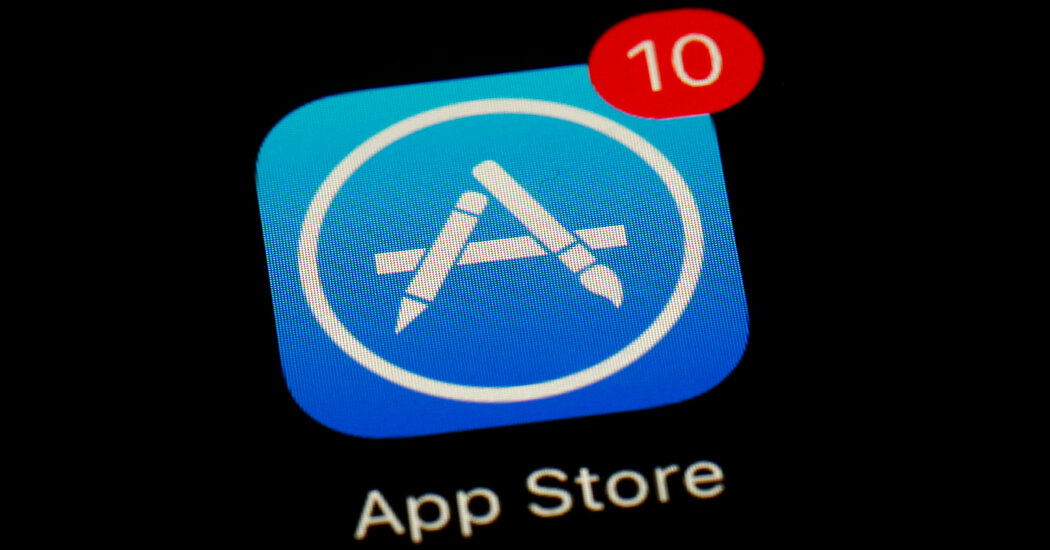Federal Ruling Forces Apple to Modify App Store Practices
Background of the Case
A recent ruling by U.S. District Judge Yvonne Gonzalez Rogers has significant implications for Apple and its App Store business model. The decision concludes a five-year antitrust lawsuit brought by Epic Games, the developer of the popular game Fortnite, which claimed that Apple exerted excessive control over its App Store and imposed unfair commission rates on app sales.
Key Ruling Details
In her decision, Judge Gonzalez Rogers mandated that Apple cease collecting commissions on certain app sales. The ruling follows a previous injunction demanding that Apple allow app developers to provide users with external links to process payments directly, thus avoiding Apple’s standard 30 percent commission. However, Apple allegedly replaced this with a new system requiring a 27 percent commission on external payments, along with measures that discouraged users from opting for them.
Judicial Criticism of Apple
Judge Gonzalez Rogers expressed dissatisfaction with Apple’s compliance, directly addressing the company’s executives. “Apple sought to maintain a revenue stream worth billions in direct defiance of this court’s injunction,” she stated. The ruling prohibits Apple from implementing rules that discourage external payment options and calls for an investigation into the company for potential contempt of court.
Impact on Developers and Consumers
This ruling is perceived as a victory for app developers and consumers, as it opens the door for better financial arrangements and services. Tim Sweeney, CEO of Epic Games, commented, “There’s going to be a lot of latitude for developers to get better deals and for consumers to get better deals. This is a wonderful, wonderful day for everybody.”
Apple’s Response
Despite the ruling, Apple has voiced its disagreement, stating through spokeswoman Olivia Dalton that the company plans to appeal the decision while complying with the court’s order. Following the announcement, Apple’s stock experienced a decline of 1.5 percent in after-hours trading.
Summary of the Lawsuit
The lawsuit initiated by Epic Games in 2020 centered on allegations that Apple monopolized the app distribution market by forcing developers to use its payment system. This practice enabled Apple to retain a hefty commission on transactions, contributing significantly to its services revenue, which approaches $100 billion annually.
Conclusion
While the court had previously refrained from declaring Apple a monopoly, it found the company in violation of California’s laws on unfair competition. This ruling marks a pivotal moment for the app economy, potentially reshaping the financial dynamics between app developers, Apple, and consumers.


